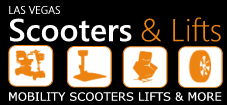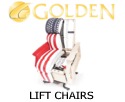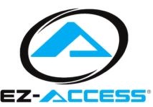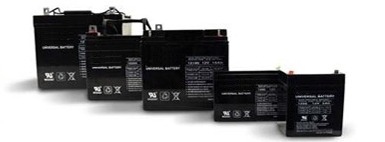Prices of used equipment are "governed" by three things:
There is quite a few numbers of used equipment on the market- so much so that a wheelchair or scooter in brand new condition loses half of its value the minute it is driven out of the showroom. Other areas of the country may not have that bad a depreciation, but expect that a piece of equipment loses at least 1/3 of it's value immediately. And "value" means the "street value" sale price, not necessarily a highly inflated invoice- that may have been submitted to an insurance company (and may or may not have been paid). If a power wheelchair or scooter was never (or rarely) driven but "sat" for several months, the batteries have to be replaced so subtract an additional $200 minimum (depends on the size of the batteries) off of the value. If power equipment is in "driven" condition, but still in good shape, subtract a couple of hundred dollars more. Manual chairs (obviously) are worth less the more they have been used as well. If the power equipment is in poor condition, it has practically no value- $100 to $250. Repairs are expensive and parts may not be available for some brands- particularly older equipment. If the equipment is one or more of the following:
Many times the equipment was paid for by a third party (Medicare, VA, etc), the original owner died, and the family just wants it out of the house. This can create a bargain- or a problem. Many times "title" to the equipment is with the providing company (insurance company, VA or medical equipment dealer). Make sure the equipment is "yours" to sell before proceeding. "Purchased" equipment without "clear title" can present legal "problems" for the purchaser as well.
Purchasers must realize that batteries should be budgeted for replacement every year. Anticipate that expense and anticipate that the used power equipment you purchase will need batteries immediately.
Our section on BATTERIES discusses this further.
Many dealers will have used equipment for sale. Just like car dealers, you will pay more (whether buying or selling) for the chair being "on their floor" vs a private sale. In exchange, you may (if the dealer is reputable) get opinions on the condition of the chair, and possibly a warranty (through the dealer, not the manufacturer). Be wary of dealers that show a "dirty but new" chair as a "salesman's demo". While it may be, it could also be a pre-owned chair with no warranty (warranties rarely apply to equipment sold beyond the "original purchaser" even though the chair was rarely/never driven). Discuss the warranty with the dealer (whether it will be provided through him or through the manufacturer) and get it "in writing". Never buy a scooter or power chair where the dealer has stated on the invoice that the equipment is a rental or on loan unless you are renting the scooter. This suggests the the equipment is not yours and is on a loan basis. Get a full sales invoice with your name and the serial number of the unit your purchasing.
Past weeks we have seen to many mobility units including power lifts that have been stolen, ask to see the sellers original purchase paper work this will help determine if the unit does belong to them. If they cant provide such information make note of the serial number normally located on the frame of the unit (Frame of the seat stem of Pride Products) and call your local dealer to verify the owners name. Many adverts say that a "family member passed away" and they inherited the unit again check if they have the legal right to sell. Make note of any large stickers, plates or numbered units that might be present or look like they have been removed as these would indicate that the scooter was a rental at some point. Again if the unit has a sticker with scooter rental on it. A good scooter rental company will record all their inventory serial numbers, call the name on the sticker and with the serial number as they more than likely would want their unit back. And if in doubt call the police.
People who sell through a dealer will get significantly less then selling privately as the dealer must cover his overhead and make a profit. Some dealers will only take equipment on a "consignment" basis. The owner gets paid if and when the equipment sells. The advantage of selling through a dealer is that you don't have strangers coming to your door, you are not paying for an ad in a newspaper, and the dealer is (or should be) knowledgeable regarding the equipment. The dealer has his/her reputation at stake, though, so don't expect her to lie about the quality/age/condition of the equipment to make a sale.
Good deals may be found through the newspaper, at thrift stores and yard sales, and on bulletin boards in retirement communities. Many communities have "bargain hunter" magazines where it is free to advertise. Check these out too. It pays to make sure that the "bargain" you bought is "complete" and is returnable if it cannot be made "whole" (or to run) for a reasonable amount of $$$. In particular, the front rigging (leg or footrests) can be very expensive to purchase (even used) if the chair is missing them.
Finally, realize that for many people- particularly when purchasing power equipment, it makes more sense to purchase new "basic" equipment rather than used "fancy" equipment. The new chair/scooter will have a warranty. A "basic" electric wheelchair/scooter sells for as little as $900 to $4,000- but the price depends on the size weight and needs of the user. Buying the wrong product can be costly.




















